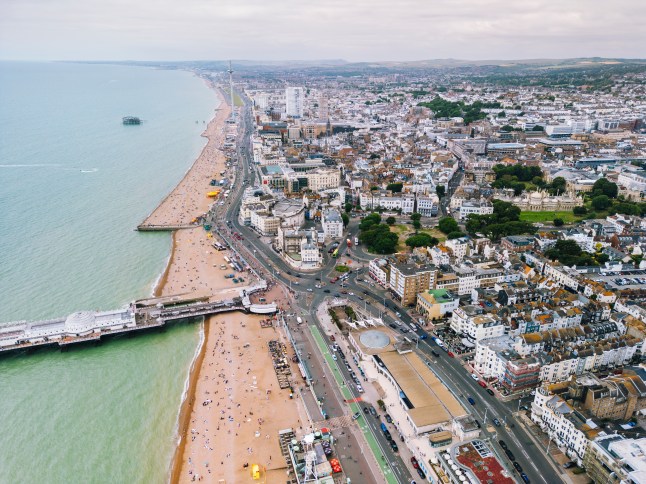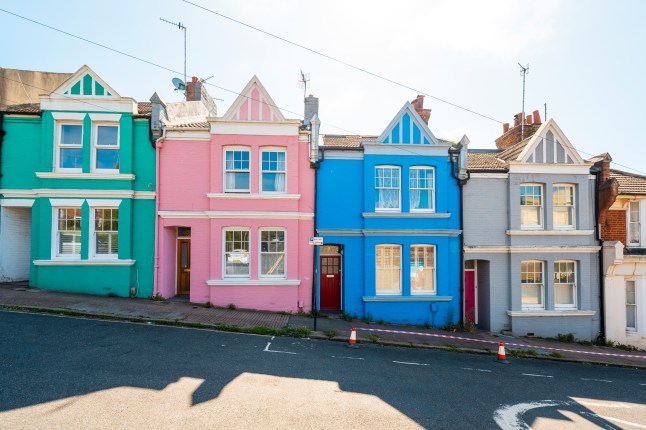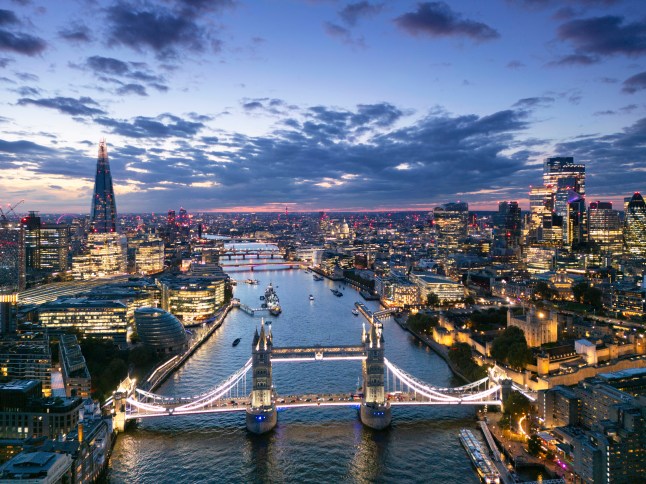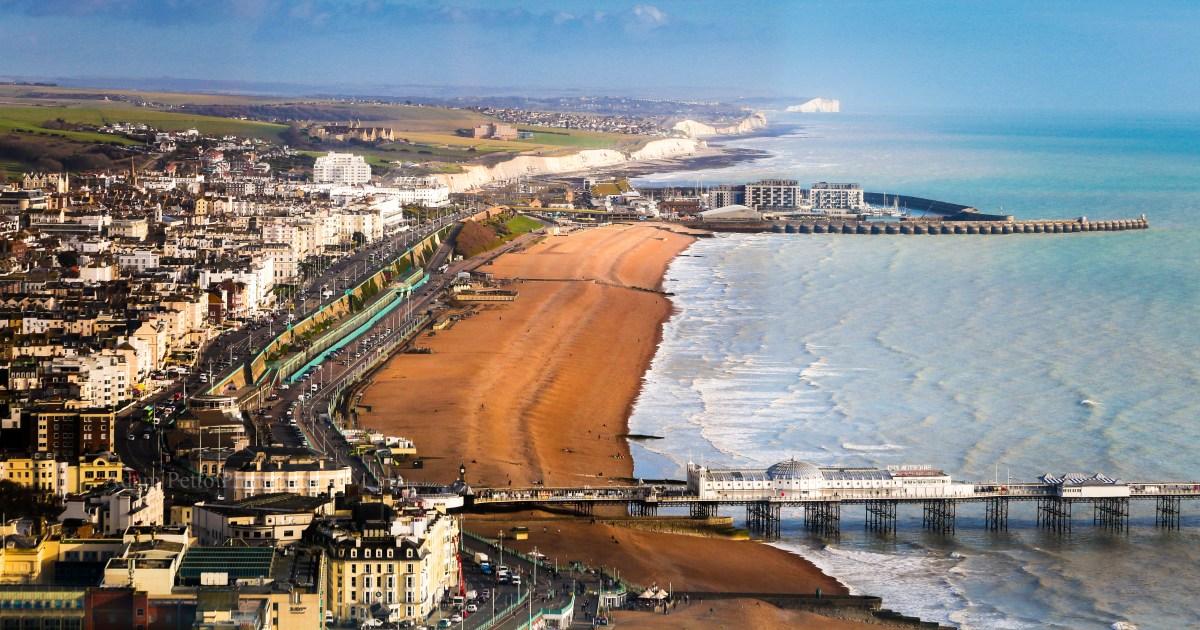
London might be the most expensive, but money stretches further in the capital (Picture: Getty Images)
As the cost of living crisis rumbles on in the UK, new research has revealed a nation divided by how far pay packets stretch.
The story isn’t as simple as rising bills or shrinking budgets — costs are up, but so are incomes.
And while London unmistakably leads in the price of monthly bills, residents in the capital are finding that their money stretches further than in other cities.
The data from the MoneySuperMarket Household Money Index (HMI) reveals a country where incomes are being swallowed by everyday essentials, and postcodes play as big a role in financial wellbeing as pay grade.
The city where your money gets you the least
Brighton tops the rankings as the most strained city, but not by absolute spend. Instead, it’s the proportion of income absorbed by essential household bills that sees the seaside city come out at number one.
Here, residents allocate roughly 72% of their earnings on necessities, a figure eclipsing London’s 66% and signalling that the burden relative to income is far heavier for many.

Brighton’s pretty houses and seaside views come at a considerable cost (Picture: Getty Images)
The trend continues in Norwich and Bristol, where similar patterns of high proportional spend persist.
Households in these areas juggle tighter financial margins, caught in a bind where income gains fail to keep pace with soaring prices.
While lacking London’s headline sums, these cities exemplify the deeply uneven regional impact of Britain’s cost of living crisis.
Meanwhile, Belfast offers a relative oasis, with an average 58% of income dedicated to essentials — further highlighting the stark regional disparities within the UK’s economic geography.

Belfast is the UK city where money stretches furthest (Picture: Getty Images)
London is the capital of cost
Londoners find themselves entrenched in record-breaking bills, now exceeding £2,000 per month — a level unseen anywhere else in the UK.
Energy, rent, food, and transport costs all contribute to this substantial total, which is some 13% higher than it was a few months ago.
On paper, this might suggest the capital to be the epicentre of financial hardship. But London households enjoy higher incomes that cushion these outgoings, leaving an average disposable income of £1,057 monthly, nearly matching that of Manchester.

Unsurprisingly, London is the most expensive place to live (Picture: Getty Images)
But this income resilience remains fragile against mounting bills and living costs.
The squeeze tightens particularly as significant expenses like childcare, fuel, and groceries continue to climb, denting wallets despite sizeable pay packets.
In other words, Londoners are on an expensive treadmill: they earn more, but spend more, limiting their financial flexibility.
UK cities spending the least and most on bills
Top six:
Brighton (72% of income on bills)
Norwich (70%)
Bristol (69%)
Birmingham (68%)
Newcastle (66%)
London (66%)
Bottom six:
Belfast (58%)
Edinburgh (60%)
Glasgow (62%)
Plymouth (62%)
Manchester (62%)
Nottingham (63%)
Rising costs vs growing incomes
Across the UK, the average household now spends approximately £1,658 monthly on essentials, marking an 8% increase in daily spending over the past year.
Yet this rise coincides with a 27% boost in gross incomes, a dynamic that has slightly improved household balance sheets — bringing the income share devoted to bills down from 69% to 65% in the last 12 months.
Such figures suggest a complex interplay: while costs surge, increased paychecks have somewhat alleviated pressure nationwide.
This relative easing has allowed consumers to increase repayments on loans and credit cards and invest more into pension plans, reflecting a cautious yet proactive approach to financial management amid uncertainty.
In terms of spending behaviours, some silver linings emerge, and people reported spending less on energy bills, TV licence costs and savings on mobile contracts and life insurance.
Yet, these savings only partially offset rising costs elsewhere, emphasising the continued struggle to maintain household equilibrium.
Do you have a story to share?
Get in touch by emailing MetroLifestyleTeam@Metro.co.uk.
Arrow
MORE: ‘I was sacked for complaining about working 14 days straight’
Arrow
MORE: ‘Aggressive’ veterans’ group We R Blighty breach fundraising rules – what happens now?
Arrow
MORE: Tottenham star revealed as player who was ‘threatened with a gun’ by agent
Comments
Add Metro as a Preferred Source on Google
Add as preferred source
The Diaspora Dish
We’re cooking up something magical… Join the family, and look forward to exclusive interviews and unforgettable recipes.

